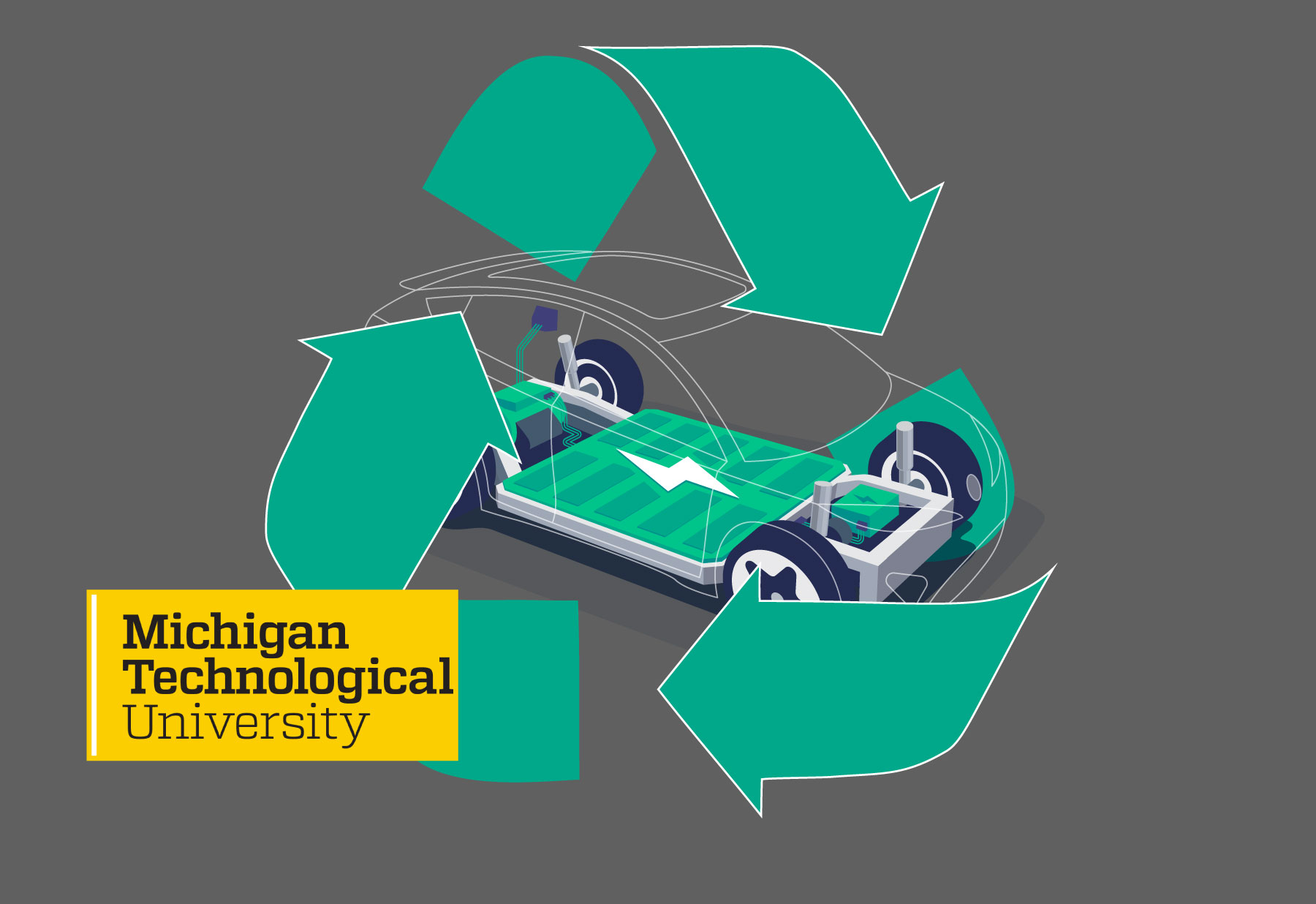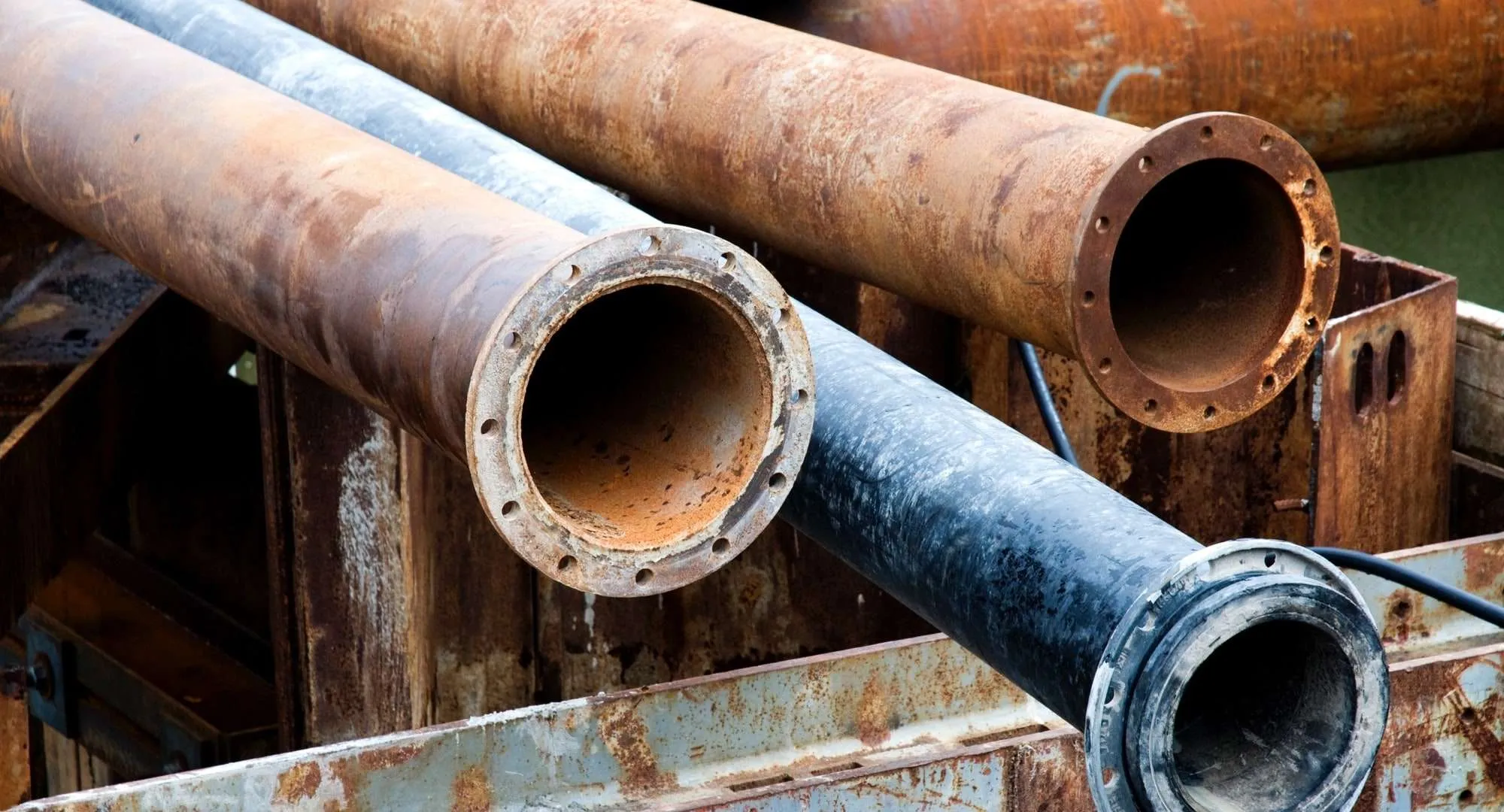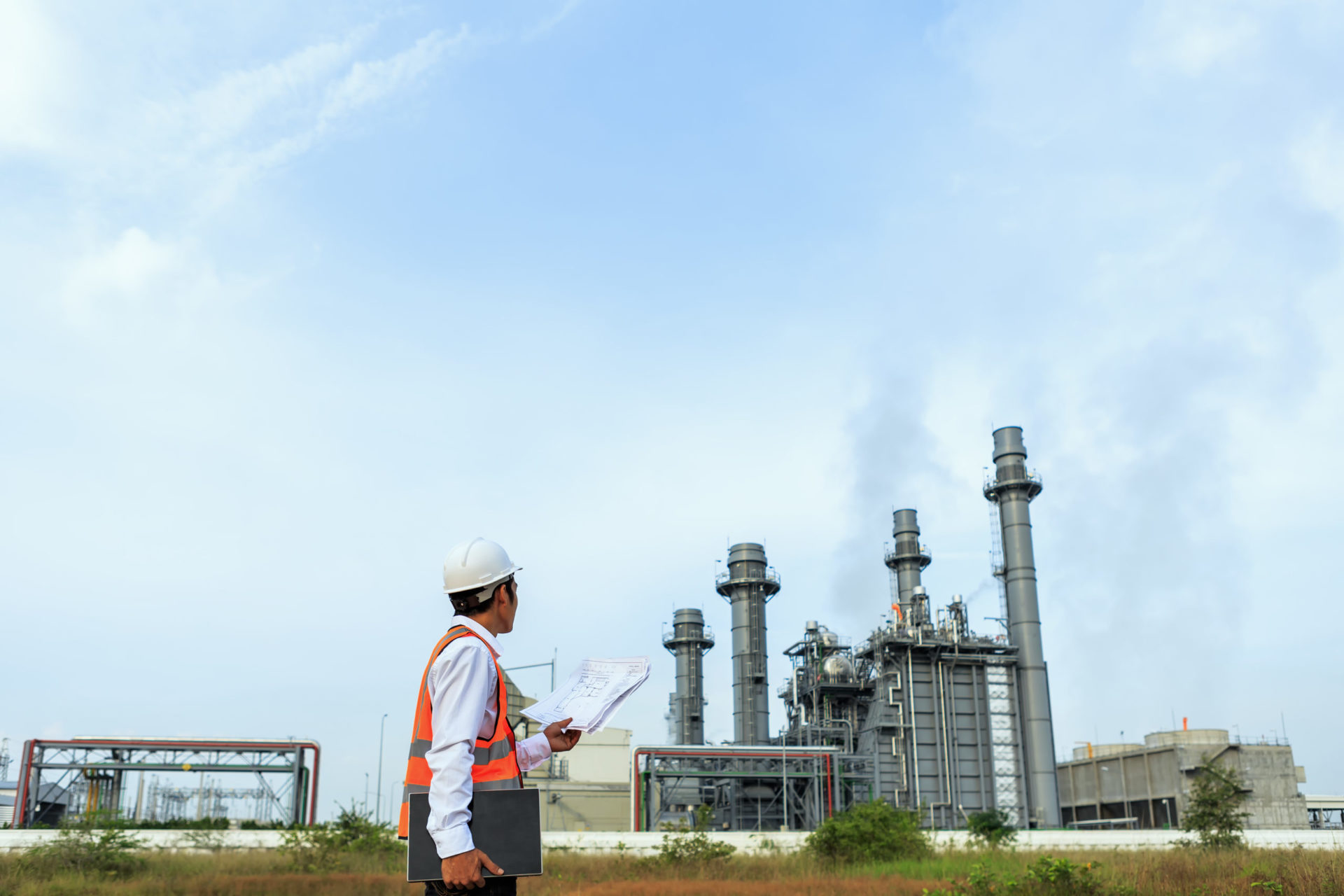The $10M partnership aims to drive lithium-ion battery industry and reduce waste in mining
Michigan Technological University (MTU) and Eagle Mine received more than $10 million from the Biden-Harris infrastructure law to research and develop ways to recycle used batteries and waste from mines to make new electric vehicle (EV) batteries. Eagle Mine is an underground, high-grade nickel and copper mine located in western Marquette County – the only nickel mine in the United States.
These investments serve the larger goal of ensuring a domestic supply chain for EV batteries. The project aims to boost domestic EV battery production through recycling and to position Michigan as a leader in the lithium-ion battery industry.
“Recycling advanced batteries presents an enormous opportunity for America to support the creation of a secure and resilient domestic battery supply chain,” said U.S. Secretary of Energy Jennifer M. Granholm.
Some $8.1 million of the federal funding will go toward developing sustainable processes for harvesting the minerals necessary to manufacture lithium-ion batteries for EVs.
Another $2.5 million will support developing new technologies that mix “mine tailing” minerals – the materials left over after extracting valuable minerals from ores – and carbon dioxide to form stable, solid carbonates. This process, called “carbon mineralization,” captures and stores carbon dioxide, helping to reduce levels in the atmosphere and slow climate change. Using these mining byproducts also cuts down on waste.
“The state of Michigan is the home to the automotive industry, nickel mining industry and future lithium-ion battery industry in this nation,” said Lei Pan, associate professor of chemical engineering at Michigan Tech and principal investigator for both funded projects. “Addressing both the supply of critical minerals and reprocessing and reuse of mine tailings is critical to advance sustainability in the mining industry.”
Eagle Mine, owned and operated by Lundin Mining and located in the Yellow Dog Plains of Michigan’s Upper Peninsula, is expected to produce 440 million pounds of nickel, 429 million pounds of copper and trace amounts of other minerals over its estimated mine life. The mine opened in 2014 and is expected to continue operations through 2026.
In addition to funding research, grants for this project will help transition efforts from the lab to a new pilot facility that will be built in the Upper Peninsula.
Three Key Facts:
- MTU and Eagle Mine have been awarded more than $10 million from the Biden-Harris infrastructure law for research on EV battery recycling and reuse.
- $8.1 million will go toward developing sustainable processes for supplying the minerals necessary to make lithium-ion batteries for EVs.
- An additional $2.5 million will support development of new technologies that use “mine tailing” minerals – byproducts of the mining process – to safely store carbon dioxide and to supply materials for new batteries.





